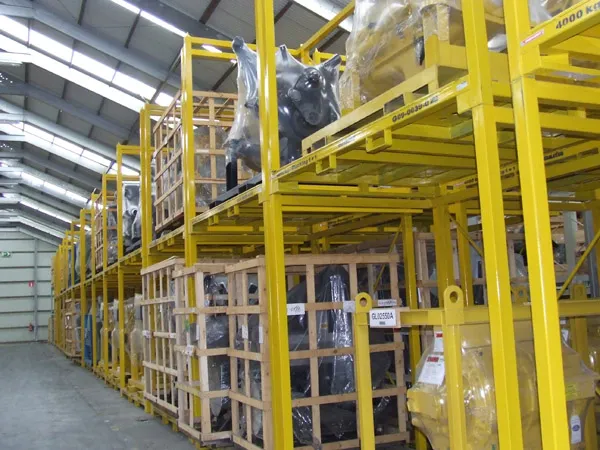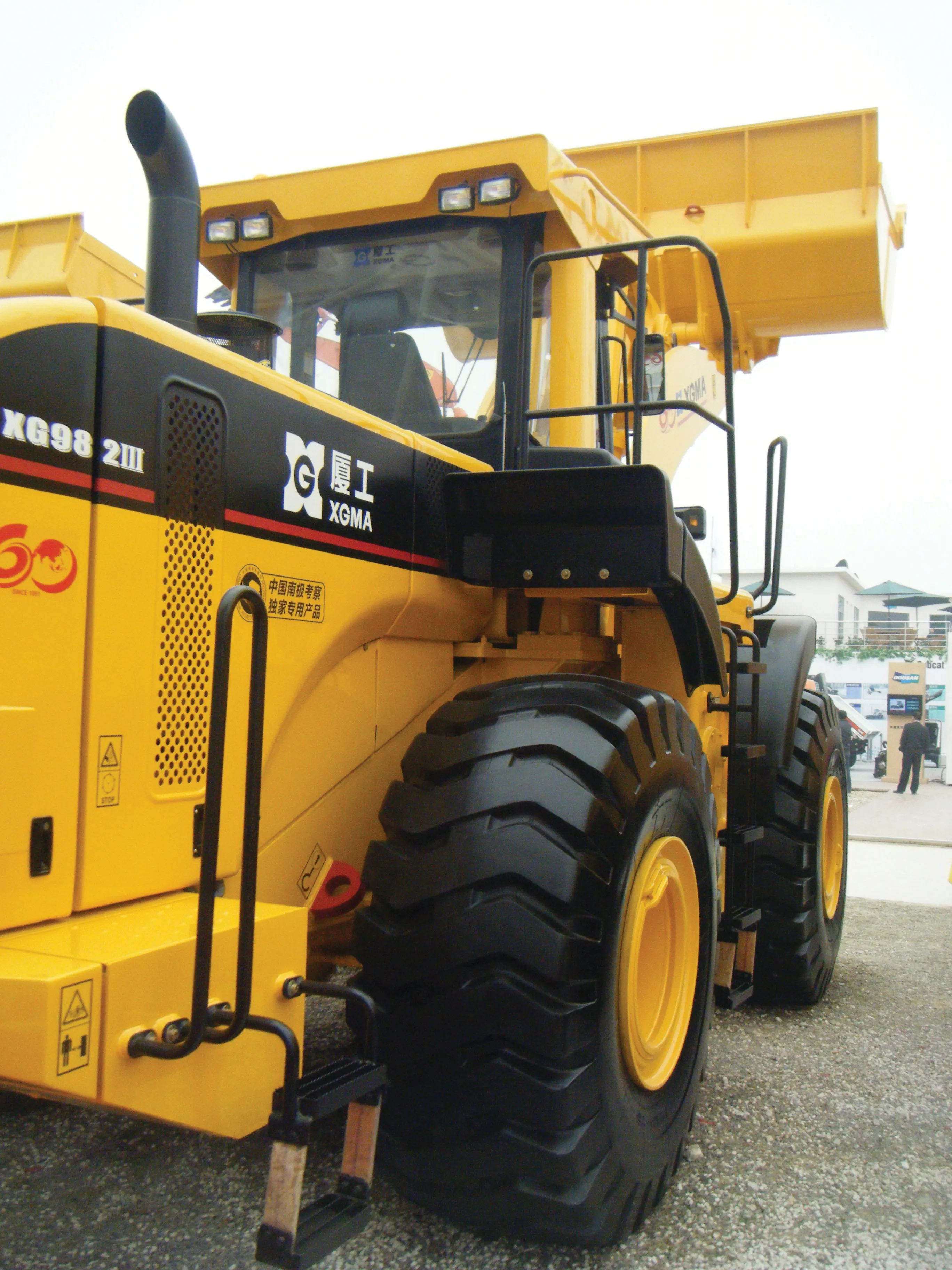The German construction equipment manufacturer's association, the VDMA, has said that the new EU-exhaust emission directive presents a major challenge for its members. According to the VDMA, the introduction of the EU-Exhaust Emission Regulation Stage IIIB has resulted in a great deal of investment at huge cost. For customers that has resulted in higher prices and the VDMA sees tighter regulation as being counter-productive.
February 29, 2012
Read time: 3 mins

The German construction equipment manufacturer's association, the VDMA, has said that the new EU-exhaust emission directive presents a major challenge for its members.
According to theVarious manufacturers have commented on the cost of meeting the new regulations.
Dr Günter Hähn, executive director in charge of the
This is not restricted to Wirtgen and the situation is the same for all manufacturers of construction machinery throughout Europe and the USA.
Thomas Weber, managing director
The relation must be right, he said. Weber pointed out that of the products which are also supplied by Volvo, each year a total of only around 30,000 new vehicles come on to the German market. Compared to the registrations of new cars and vans, this represents an extremely small figure. He also said that the total pollution level accounted for by construction machinery was correspondingly low.
Producers that sell their products not only in Europe and the USA, but also in other countries, are especially hard-hit by the new exhaust emissions regulations. Because the provisions do not apply in those countries, there is no low-sulphur diesel fuel to power these machines, and of course as no one is prepared to pay the higher prices, they must now build two variations of the same machines at their plants, one for the European and US market and the other for the rest of the world.








